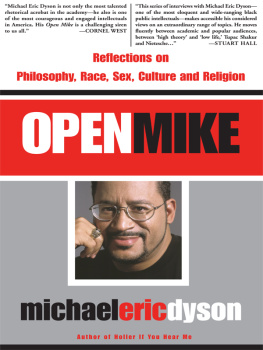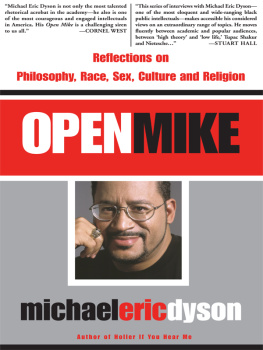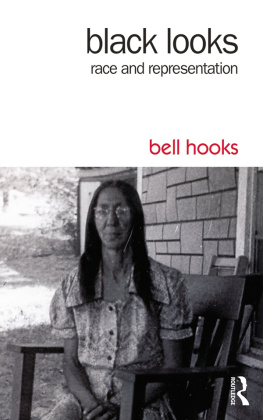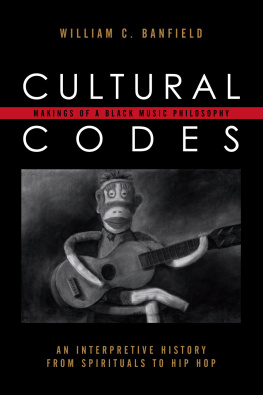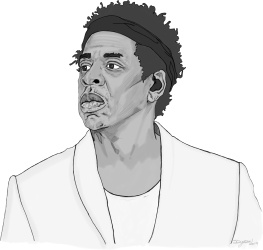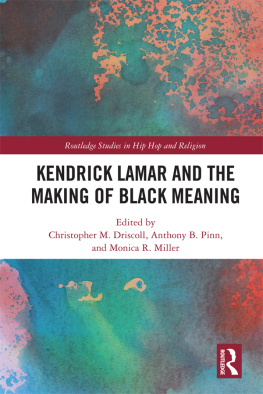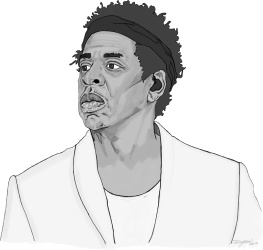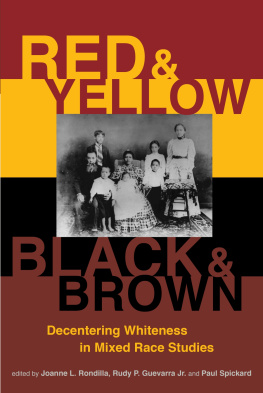OPEN MIKE
Also by Michael Eric Dyson
Why I Love Black Women
Holler If You Hear Me
I May Not Get There with You
Race Rules
Between God and Gangsta Rap
Making Malcolm
Reflecting Black
OPEN MIKE
Reflections on Philosophy,
Race, Sex, Culture and Religion
Michael Eric Dyson
Copyright 2003 by Michael Eric Dyson
Published by Basic Civitas Books,
A Member of the Perseus Books Group
All rights reserved. Printed in the United States of America. No part of this book may be reproduced in any manner whatsoever without written permission except in the case of brief quotations embodied in critical articles and reviews. For information, address Basic Books, 387 Park Avenue South, New York, NY 10016
Designed by Jeff Williams
Typeset in 10.5-point Giovanni
Library of Congress Cataloging-in-Publication Data
Dyson, Michael Eric.
Open mike : reflections on philosophy, race, sex, culture and religion / Michael Eric Dyson.
p. cm.
Includes bibliography references and index.
ISBN 0-465-01765-7 (alk. paper)
eBook ISBN: 9780786724024
1. African AmericansRace identity. 2. United StatesRace relations. 3. African AmericansIntellectual life. 4. African American philosophy. 5. African AmericansSocial conditions1975- . 6. African Americans in popular culture. 7. Dyson, Michael EricInterviews. 8. African American intellectualsInterviews. I. Title. II. Title.
E185.625.D97 2002
305.896'073dc21
2002013467
03 04 05 / 10 9 8 7 6 5 4 3 2 1
To Precious Friends and Mentors
D. Soyini Madison
Brilliant performance studies scholar and ingenious teacher
James Melvin Washington
(19481997)
Major religious historian and gifted gospel preacher
Cornel West
Towering intellectual and inspiration to a generation
FOREWORD
Teach the Bourgeois and Rock the Boulevard:Michael Eric Dyson as Celebrity Gramscian
Reputation spreads, and eventually opportunities present themselves to cross over from the left intellectual ghetto to the status of Black Voice for the mainstream.... This is the path blazed so far by Gates and West, and Dyson, as usual, is bringing his best Pigmeat-Markham-MeetsBaudrillard act along behind.
ADOLPH REED
Of course Adolph Reed meant the above epigraph as a dis. It was just a small chunk of the flesh that Reed took from his more celebrated public intellectual contemporaries, in what may be the most widely circulated and cited diatribe against the so-called black public intellectual. What Reed didnt understand then (and apparently has no interest in understanding now) is that the Pigmeat-Markham-MeetsBaudrillard act was the whole reason a bunch of us were digging Michael Eric Dyson in the first place. When Dysons Reflecting Black: African-AmericanCultural Criticism dropped in 1993, a whole new world was opened up for black cultural studies in the United States. I was one of those brighteyed and hungry poststructuralist shorties who found his calling after reading Reflecting Black: African-American Cultural Criticism, and later sucking the bone marrow from Robin D.G. Kelleys Race Rebels: Culture,Politics, and the Black Working Class and Tricia Roses Black Noise: RapMusic and Black Culture in Contemporary America, as these texts, and the thinkers behind them, provided a generation of black graduate students in the humanities and the social sciences the license to bring the diverse and competing realities of black life into conversation with contemporary cultural and critical theory. As Dyson himself admits, I do want to make the life of the mind sexy for young people in the academy and beyond its reach. I want to have a mode of criticism that allows me to be mobile, to move from the academy to the streets to the world (p. 127).
By the time Dysons Race Rules (his fourth book in four years) was published in 1996, Dyson was regularly mentioned alongside Cornel West, Henry Louis Gates Jr., and bell hooks as a member of a generation of black public intellectuals who were worthy of intense praise (Robert Boynton and Michael Berube) and scrutiny (Reed and Leon Wieseltier). A few years before the hype hit the fan, Cornel West tried to make some sense of the functions of these yet to be ordained black public intellectuals, as he argued for an insurgency model of black intellectual activity. This model was in part inspired by the work of Antonio Gramsci, who posited the emergence of a class of organic intellectuals. According to West, the central task of postmodern Black intellectuals is to stimulate, hasten, and enable alternative perceptions and practices by dislodging prevailing discourse and power.... Instead of the solitary hero, embattled exile, and isolated geniusthe intellectual as star, celebrity, commoditythis model privileges collective intellectual work that contributes to communal resistance (Breaking Bread, 144). These were the words of a man who had not yet become the very thing he critiqued after the publication of his bestseller Race Matters in 1993.
Wests conflation of the postmodernist public intellectual, as well as the Gramscian organic intellectual, is really indebted to the Cultural Studies movement that emerged in Britain in the late 1950s and early 1960s. Speaking about that first generation of cultural theorists who worked out of Birmingham Universitys Centre for Contemporary Cultural Studies, Stuart Hallgenerally regarded as the forefather of contemporary Black Cultural Studiesasserts that we had to be at the very forefront of intellectual theoretical work because, as Gramsci says, it is the job of the organic intellectual to know more than the traditional intellectuals do but adds that it was just as crucial that the organic intellectual cannot absolve himself or herself from the responsibility of transmitting those ideas, that knowledge, through the intellectual function, to those who do not belong, professionally, in the intellectual class (Stuart Hall: Critical Dialogues in Cultural Studies, 268). Not surprisingly, many of the so-called black public intellectuals of the 1990s emerged within the institutional rubric of American Cultural Studies, despite their very specific training in the fields of philosophy, theology, and literature.
If the point was to speak truth to power on behalf of the folks in the hood, or as Chuck D put it, to Teach the bourgeois and rock the boulevard (Dont Believe the Hype), then no doubt black public intellectuals were the hot hype that preceded them. Nightline, The Today Show, Charlie Rose, TalkBack Live, BET Tonight, came arunnin looking for those fly, bespectacled, dressed-up spokespersons of the race who could put a literate spin (Why theyre so articulate) on issues such as the O.J. Simpson trial, the Dream Team (both the Michael Jordanled Olympic team and Simpsons legal advisers), the deaths of Tupac Shakur and Biggie Smalls, and the Million Man March. Dyson himself became one of the brightest lights among black public intellectuals in the aftermath of the O.J. Simpson trial, providing commentary during the trial (and immediately after the jury decision) for NPR and appearing as the color commentator on BET, when Ed Gordon sat down with Simpson after his acquittal. Adolph Reed may be a hater supreme, but he aint crazy, so theres some legitimacy to his claims that the high visibility of black public intellectuals does not naturally correlate with the concerns and ambitions of the black masses these intellectuals ostensibly speak for. No amount of Apple computer ads with elite black intellectuals are getting black farmers the duckets that the federal government has thus far fronted on. Even Dyson admits true dat, but in describing the political components of his own teaching, he submits, we dont have to subscribe to such a literal view of the work of politics. Creating discursive spaces in hegemonic academic culture is a specific kind of work that should be valued, even if it is rightly not confused, better yet, conflated, with traditional politics. Such activity has an empirical effect on the concrete political interests of folk outside the academy (p. 66).

